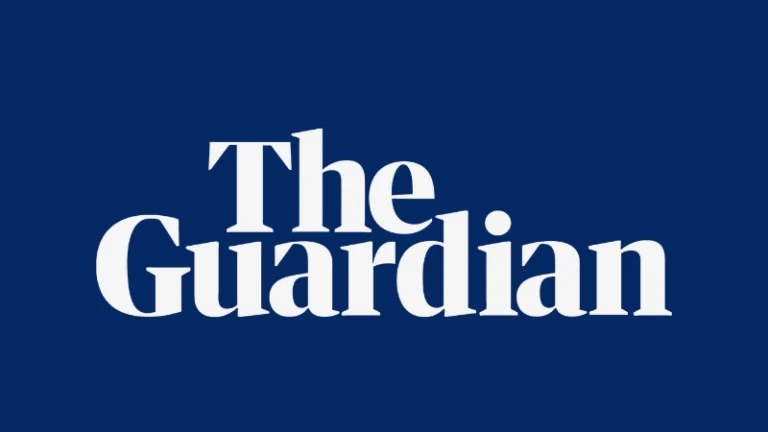The second exposure draft of the Morrison Government’s Religious Discrimination Bill is a threat to the human rights of many Australians, according to analysis by the Public Interest Advocacy Centre.
‘The latest Bill does not address the serious concerns of groups across the community who stand to have their rights eroded. Instead it widens the scope for religious organisations to discriminate when providing public (and publicly funded) services and protects “statements of belief” which humiliate, intimidate, insult or ridicule other people on the basis of who they are,’ said Jonathon Hunyor, PIAC CEO.
‘Religious schools, charities and other organisations are given an almost free license to discriminate against people who do not share their religious beliefs. Religious hospitals, aged care facilities and accommodation providers are allowed to fire, or refuse to hire, people simply because of their religious beliefs. This Bill will not help build a more inclusive and tolerant Australia.’
‘It is disappointing to see that provisions relating to “statements of belief” which override all Commonwealth, state and territory anti-discrimination laws, including the Fair Work Act and the best practice Tasmanian Anti-Discrimination Act, are essentially unchanged in this draft,’ said Mr Hunyor.
‘The Bill would see women, lesbian, gay, bisexual, transgender and intersex people, people with disability and others exposed to derogatory comments in workplaces, schools, hospitals and other public places around the country: conduct that is unlawful today, but would be lawful if this Bill passes.’
One positive, albeit limited, change to the Bill is the tightening of the provisions relating to conscientious objection.
‘We welcome the Government’s moves to narrow the range of professions who are able to conscientiously object to providing health services, and to clarify that this is not meant to allow refusal to provide health services to particular people or groups of people.’
‘However, we remain concerned that this may still allow doctors, pharmacists and others to refuse to provide specific types of services, where those services are used most commonly, or even exclusively by people from particular groups – for example, by refusing to provide types of hormone treatment that benefit trans and gender diverse people.’
‘The Bill needs further work to ensure it does not make it more difficult for people to access the health care they need,’ said Mr Hunyor.
PIAC remains supportive of a genuine Religious Discrimination Bill, one that protects against discrimination on the basis of religious belief, or lack of belief, but does not authorise discrimination against others. Unfortunately, the second Exposure Draft is not such a Bill.
Media contact: PIAC Media and Communications Manager, Gemma Pearce – 0478 739 280

StreetCare’s Anna Nagel wins NCOSS lived experience award